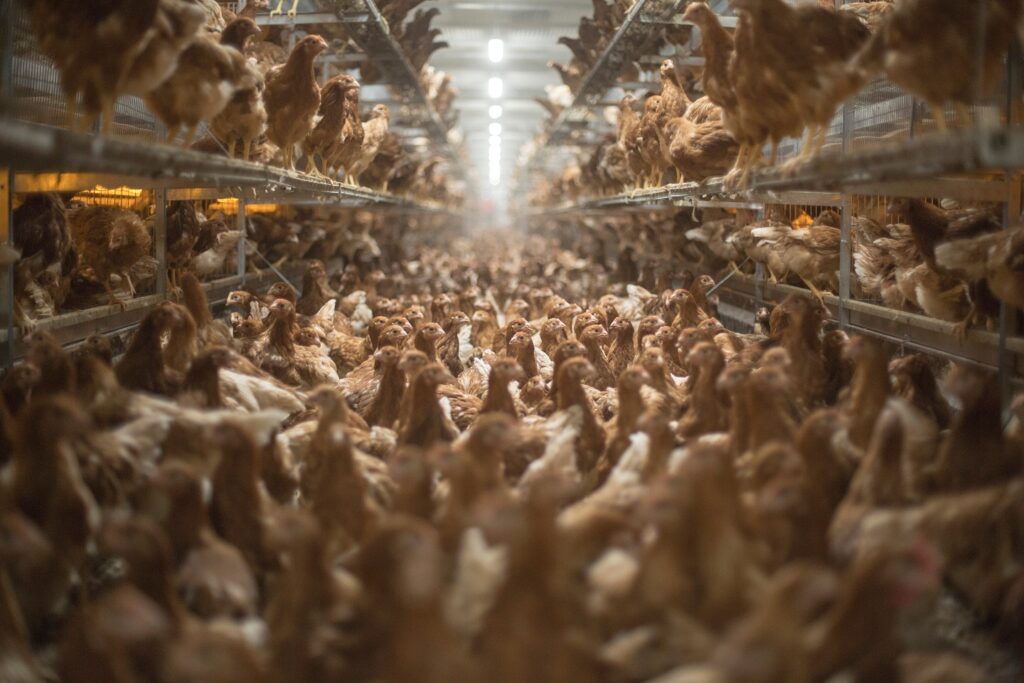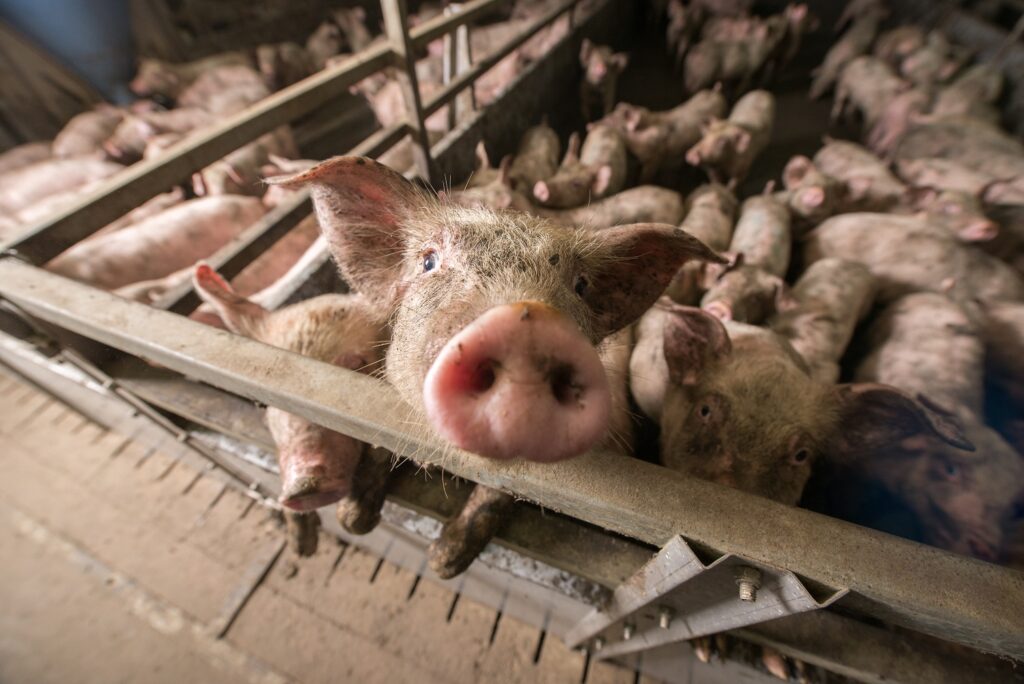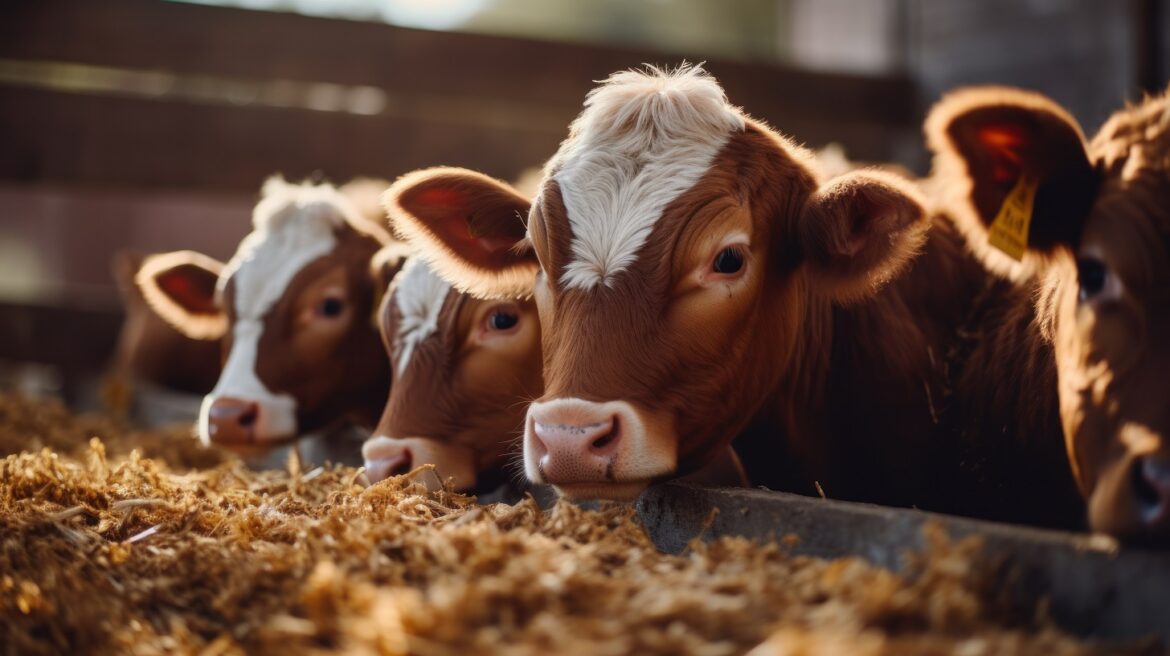National Farm Animals Awareness Week is observed the third week of each September. Not only is it designed to support the humane treatment of animals, but it also stimulates conversation around the potential to make a variety of farming practices more eco-friendly and more fair to the people who labor in farming-related industries.
By now, the prevalence of factory farming in the United States is no secret. However, many of us would still like to treat it as a secret, uncomfortable as we are with the notion of animals living in extremely tight, inhumane quarters and breeding grounds for infectious diseases.

We still view steak as the ultimate luxury food and status symbol. We still rely on animals as our primary source of protein, especially chicken and beef. We close our eyes and plug our ears when informed about how labels like “free-range” on beef and eggs hold very little meaning and when told about the impacts of animal agriculture on the environment.
But by reading this article, you have already demonstrated an interest in how you can better support the well-being of farm animals, workers, and the environment.
You can start by learning about the legislation that needs to be passed in order to regulate animal agriculture. The Farm System Reform Act is one such bill that has recently made headlines, backed by New Jersey Senator Cory Booker. This bill would help reduce the monopolization that has overwhelmed American agriculture for decades. Booker reintroduced it alongside several other acts: the Industrial Agriculture Accountability Act, the Protecting America’s Meatpacking Workers Act, and the Protect America’s Children from Toxic Pesticides Act.

You can also get involved with an animal rights group. Farm Sanctuary is an organization that helps rescue abused and disabled farm animals, giving them better homes in animal sanctuaries across the country. But they do much more than just that. With an approach of “cross-movement advocacy,” they help educate the public on relevant legislation, support farmers transitioning to more sustainable practices, and fight for workers and communities oppressed under the factory farming system. To support the work of Farm Sanctuary, you can donate money, registry items, stock, or even your old car, “adopt” a farm animal or volunteer at the organization’s sanctuaries in Watkins Glen, NY, or Acton, CA.
 Food
Food Farmers
Farmers Sustainable Living
Sustainable Living Living Planet
Living Planet News
News